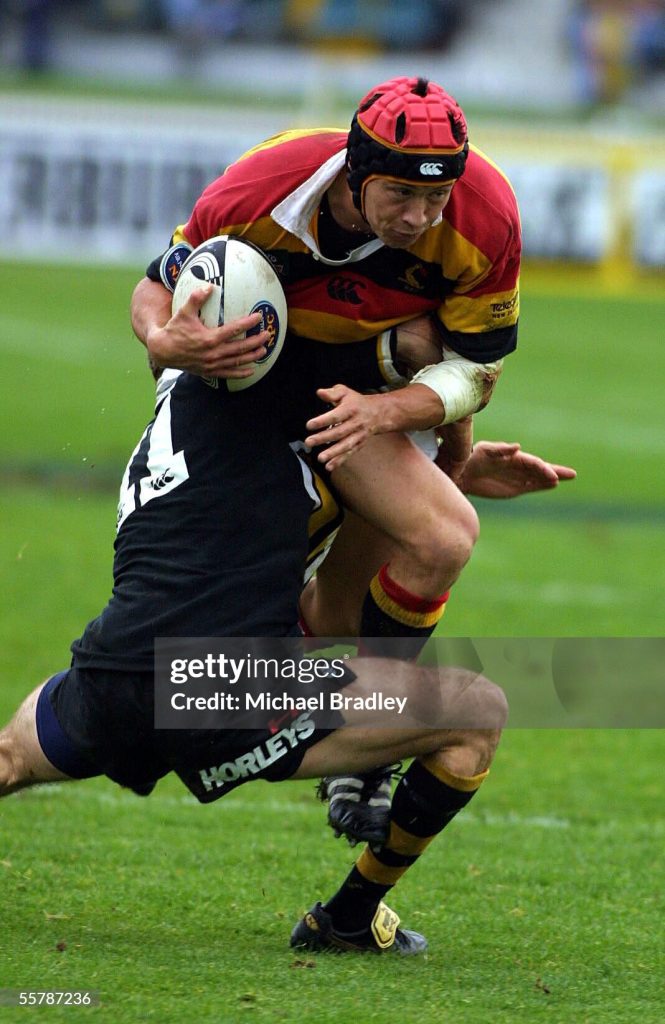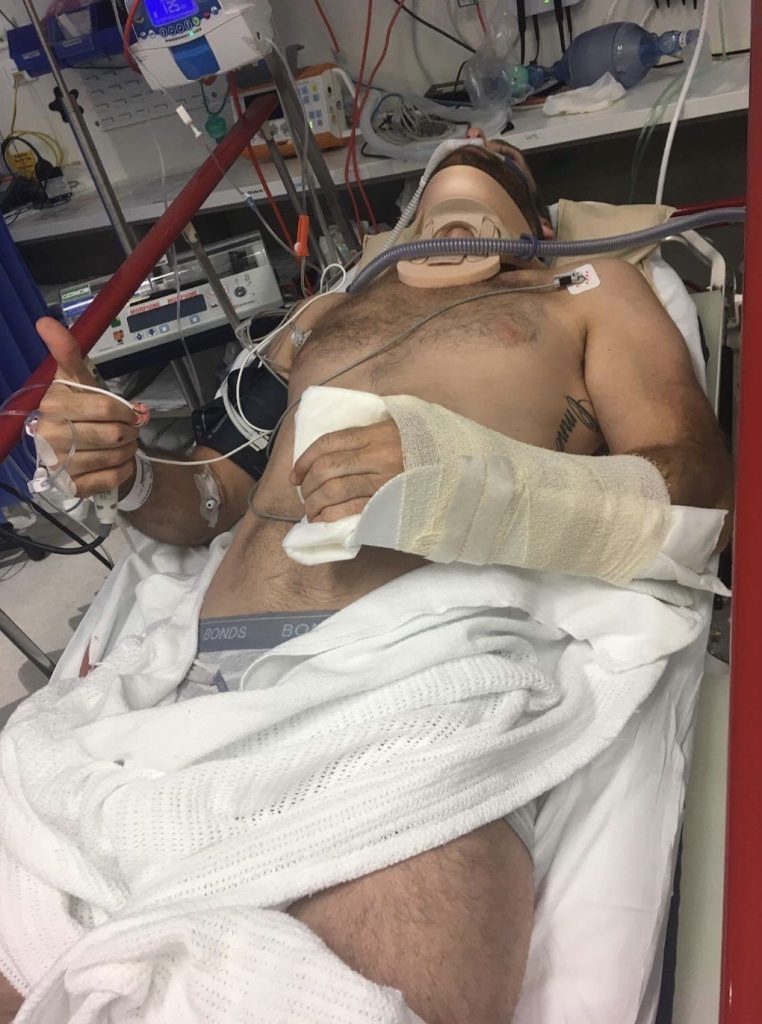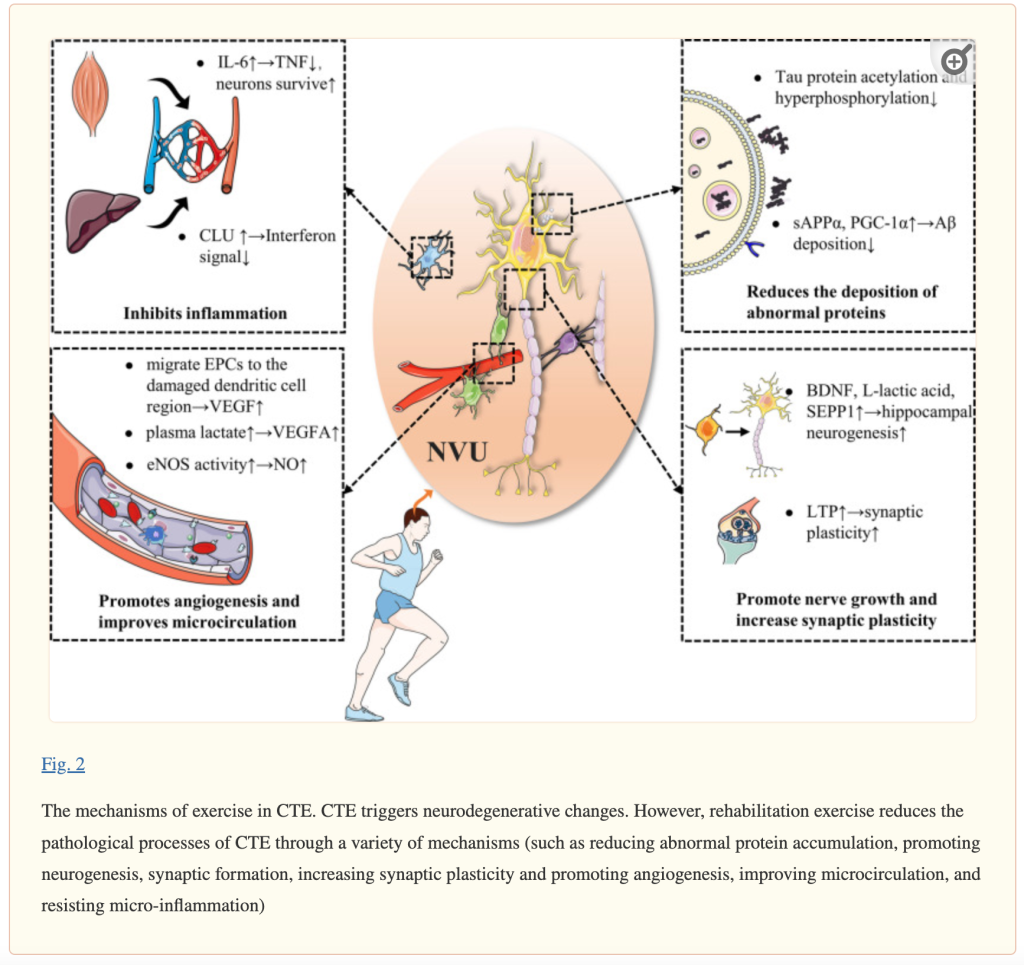Unfortunately, I have been knocked unconscious an estimated 25 times in my life. Four of these knocks resulted in memory loss, and three were hospitalised.
I’ve become a little paranoid about various memory incidents I’ve had in recent years, and I’m anxious about the possibility of CTE symptoms coming my way. I don’t lose any sleep over it but I am conscious of it and CTE is something I believe I have “some” agency over.
CTE, or Chronic Traumatic Encephalopathy, is a progressive neurodegenerative disease that is associated with repeated traumatic brain injuries (TBIs), particularly those involving concussions. It is often found in individuals who have a history of participation in contact sports or other activities with a high risk of head injuries, which is me.

HAMILTON, NEW ZEALAND – SEPTEMBER 01: Bruce Reihana from Waikato is tackled by Dominic Byrne from Taranaki during their rugby NPC match played in Hamilton at Wetspactrust park, Saturday. Taranaki won 2015. (Photo by Michael Bradley/Getty Images)
The critical characteristic of CTE is the accumulation of abnormal tau protein in the brain. Tau is a protein that helps stabilise microtubules, which is essential for brain cells’ normal functioning. In CTE, tau forms clumps called neurofibrillary tangles, which can disrupt the normal functioning of brain cells and lead to their degeneration.
The exact mechanism by which repetitive head trauma leads to CTE is not fully understood, and not everyone who experiences head injuries develops the condition. However, it is believed that the cumulative effect of multiple concussions or subconcussive blows to the head over time contributes to the development of CTE.
So, I have reason to worry.

Fingers crossed, these days are over. Wollongong Hospital 2016.
As far as I have read, there is no cure for CTE. It can’t even be diagnosed until you are dead and your brain is analysed.
It feels like I suffer some cognitive impairment symptoms with my memory, attention, and executive function, some confusion, difficulty concentrating, and forgetfulness. But, could this simply be getting older?
I’m pretty good for the most part with other known symptoms such as; mood swings, irritability, impulsivity, aggression, depression, anxiety, and suicidal thoughts. But in saying that, some lulls in my life emotionally have often not lined up with how one would expect to feel when all the positive ducks are lined up in a prosperous row. One example of this is being depressed at a time when everything was going right for me.
While there is no cure, “regular physical exercise is an effective way to slow the progression of neurodegenerative diseases such as Alzheimer’s disease (Pearce et al. 2022a).”Rehabilitative physical activity for post-concussion patients has improved symptoms and speed recovery (Howell et al. 2021; Leddy et al. 2021). CTE progresses slowly, and as a neurodegenerative disease, rehabilitation exercises may also be practical for it (Murray et al. 2022b).
Rehabilitation exercise may be related to preventing abnormal protein deposition, alleviating neuroinflammation, regulating microcirculation, and promoting neurogenesis and synaptic plasticity:
It’s only one article in thousands, but if “rehabilitation exercise” is an avenue to reduce and slow CTE, it’s more of a reason to make it front and centre.
It is important to note that different rehabilitation exercises, such as aerobic or resistance exercises, are available. The time, intensity, and frequency of rehabilitation exercise often have different effects on the mitigation of neurological decline. Hence, it’s hard to know what is best.
I don’t have any medical experience but a holistic look at several factors: cardiorespiratory fitness, muscular strength, mobility, (within that, flexibility and range of motion), and neuromuscular control (i.e. balance and agility) need to be the pillars of your focus, not just for CTE but for every other disease out there wanting to take you out.
There is no downside to optimising my diet, breathing to heal, meditating for self-awareness, stretching to stay nimble and moving to stay fit. If I am a candidate for CTE and it’s knocking on my door, I must keep that door shut.
It could be a more scientific conclusion, but Use It Or Lose It!



